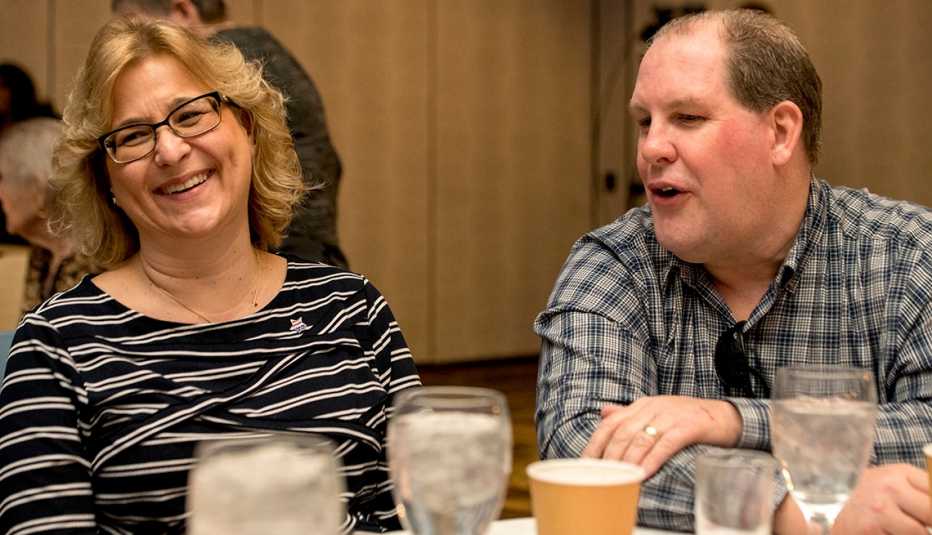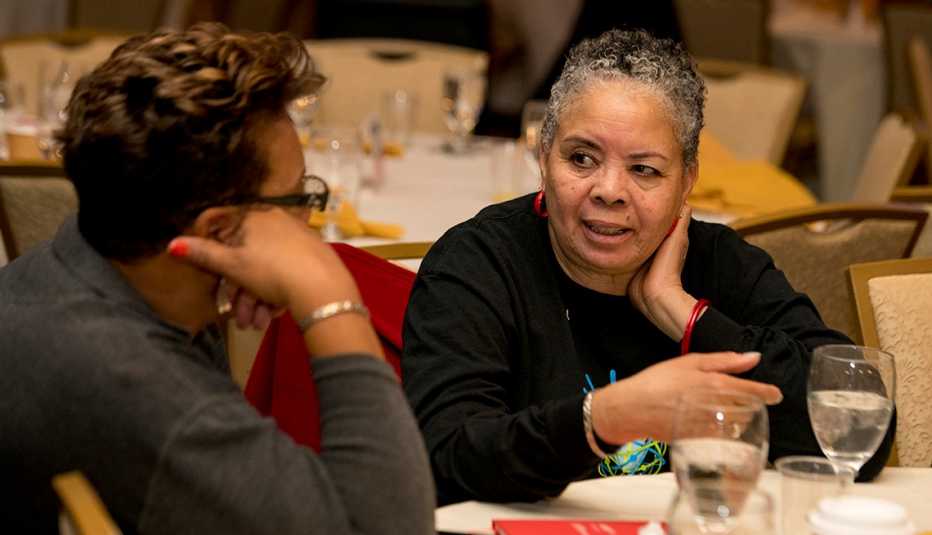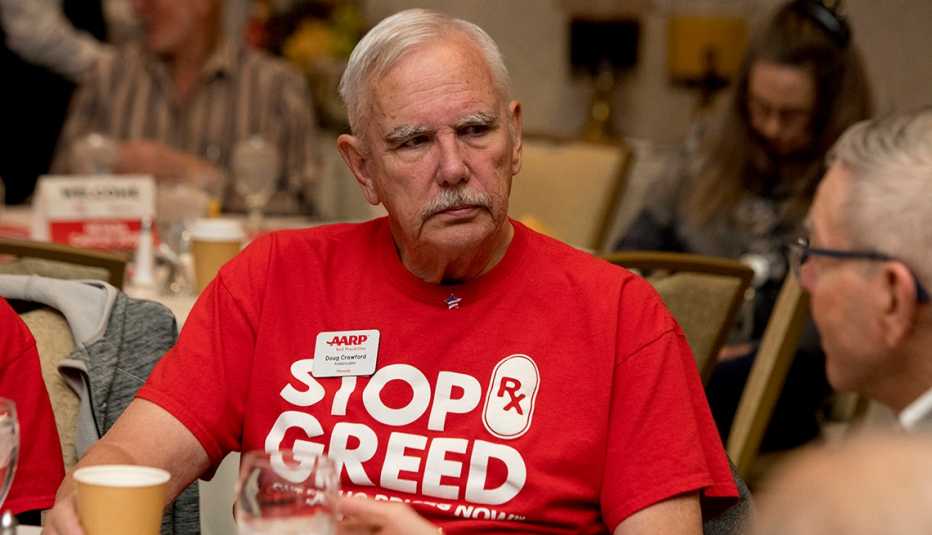Staying Fit


When Bob Peters started his trade show business in 2001, his wife, Billie Jo, wanted to quit her job at a bank and join him in this new adventure. But he has diabetes, and no health insurer would cover his preexisting condition. So, she kept working to keep her husband on her insurance.
Then the Affordable Care Act (ACA) passed. “I was able to leave the bank to work with my husband and we were able to get covered,” says Billie Jo, now 54. She and Bob, 56, will be attending their first caucus on Saturday in Nevada and are looking for a candidate who can protect the ACA. “If they get rid of the Affordable Care Act, especially the preexisting condition parts, then we're back to where we were before,” she says.


AARP Membership— $12 for your first year when you sign up for Automatic Renewal
Get instant access to members-only products and hundreds of discounts, a free second membership, and a subscription to AARP the Magazine.
In election poll after election poll, health care has been the top issue on voters’ minds — especially among older voters — and Nevada is no exception. This weekend, the Silver State will be the third to express its preferences for the 2020 Democratic nominee for president. It's also the most diverse state to participate in the process so far. According to U.S. Census data, Iowa and New Hampshire both are more than 90 percent white, while Nevada's population is nearly 30 percent Hispanic, 10 percent African American and nearly 10 percent Asian.
Nevada's Democratic Party made some changes to its process this year in an effort to broaden the reach of the caucus, particularly among minority citizens. Voters who can't or don't want to spend a good part of their Saturday caucusing were able to state their preferences during early caucuses that began Feb. 15 and continued through the President's Day weekend, ending on Feb. 18. In Las Vegas, early casino caucus sites were open late into the night to accommodate hotel employees, and there will be voting locations on the Strip on Caucus Day, Feb. 22. More than 70,000 Nevada Democrats went to an early caucus site over the four days — with long lines reported, according to the Las Vegas Review-Journal. In 2016, 84,000 voters caucused during Nevada's one-day event.
Vermont Sen. Bernie Sanders easily won Saturday’s caucus with former Vice President Joe Biden coming in second and former South Bend, Ind. Mayor Pete Buttigieg coming in third. Older voters clearly had a lot to say about the results, with 63 percent of those caucusing being age 45 or older, according to entrance polls reported by the Washington Post.
A new citizen ponders her decision
When Angelica Romero goes to her caucus site on Saturday, it will be the first time she'll be able to exercise her voting power. Romero, who came to the United States from Mexico 27 years ago, just became a U.S. citizen.



































































More on politics-society
Get Yourself Ready for the 2020 Election
Expect rough-and-tumble campaigns in which issues take a back seat and social media dominatesYour Guide to 2020 Primary Voting
From ID requirements to absentee voting, what you need to know